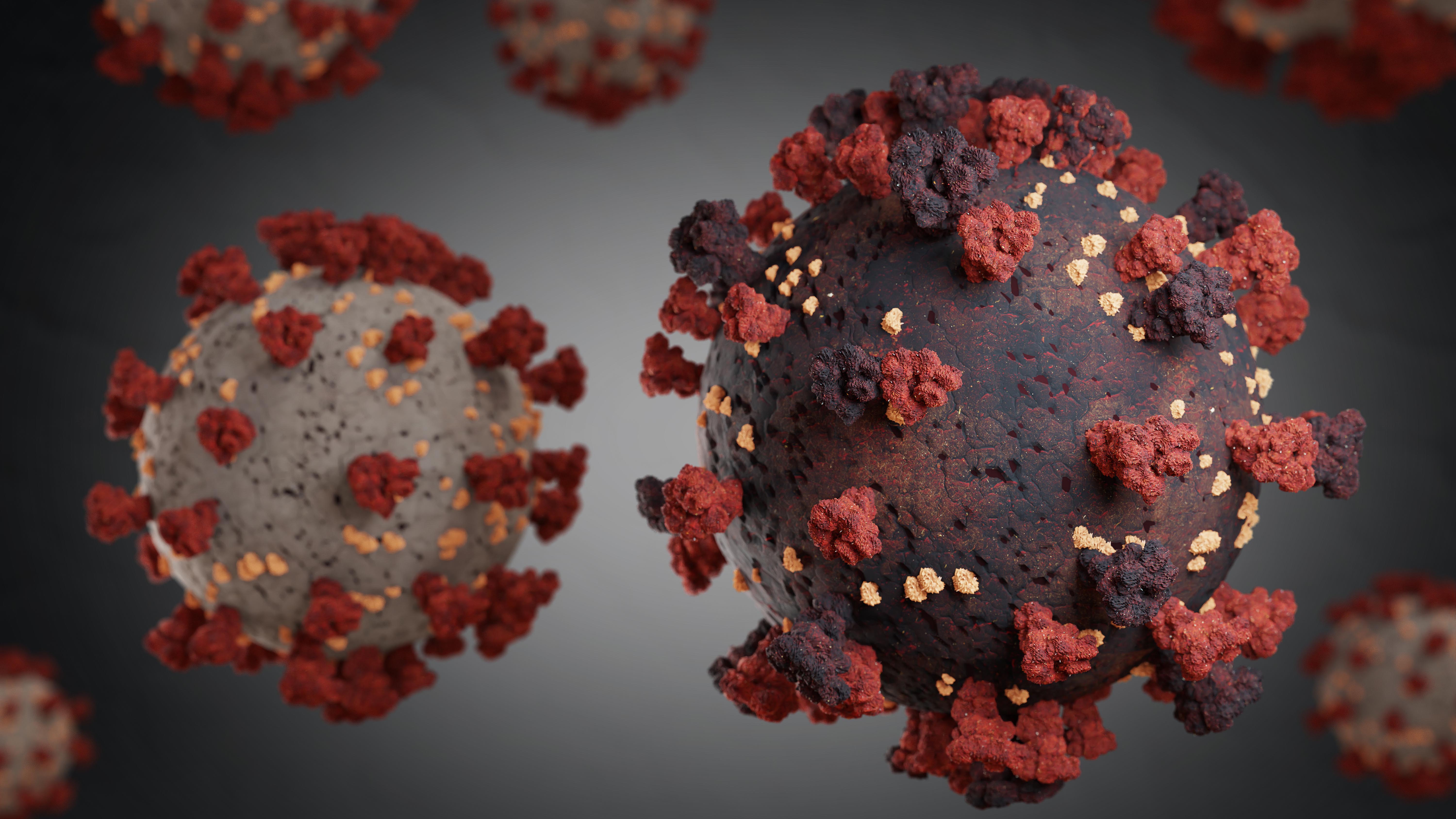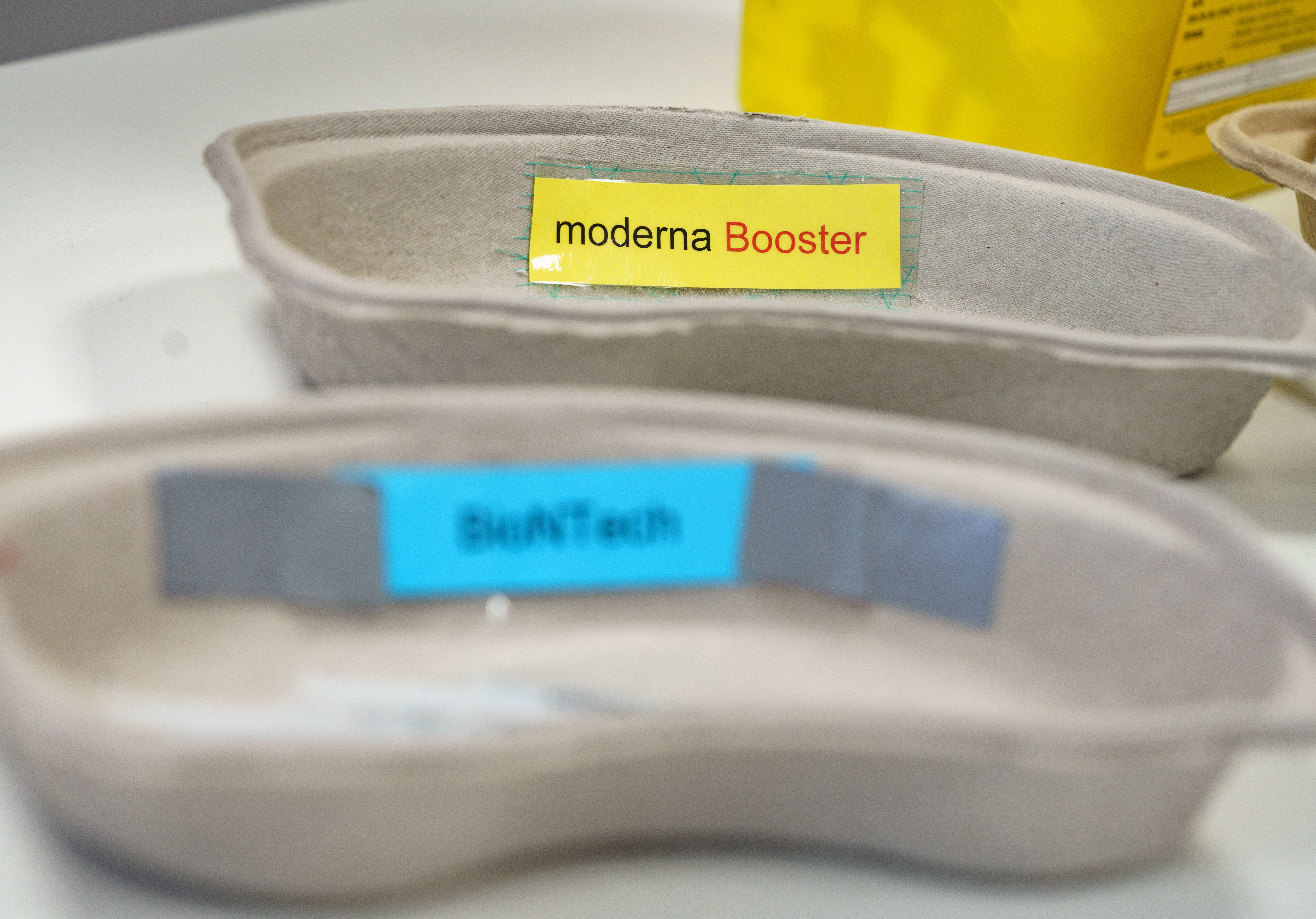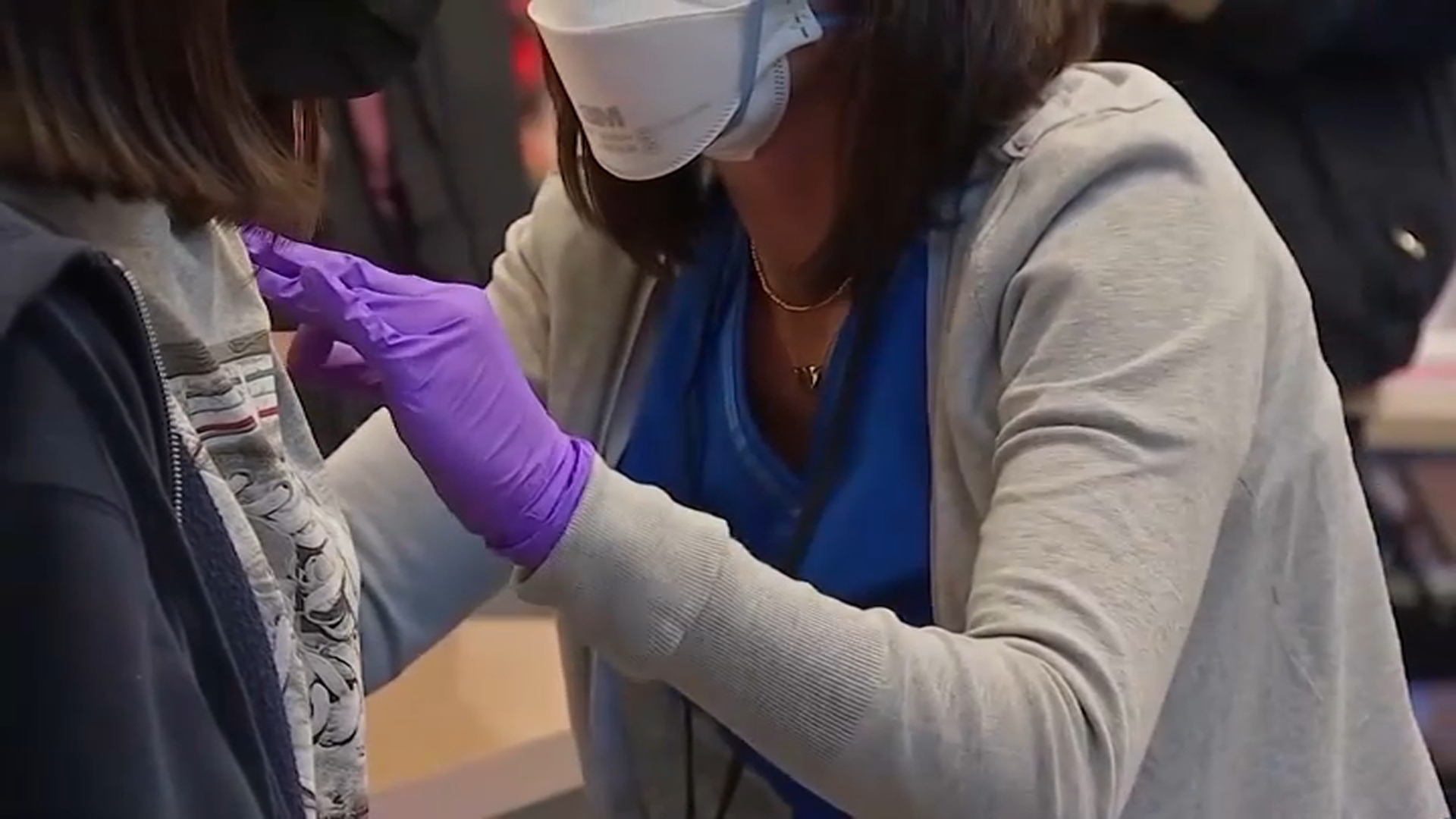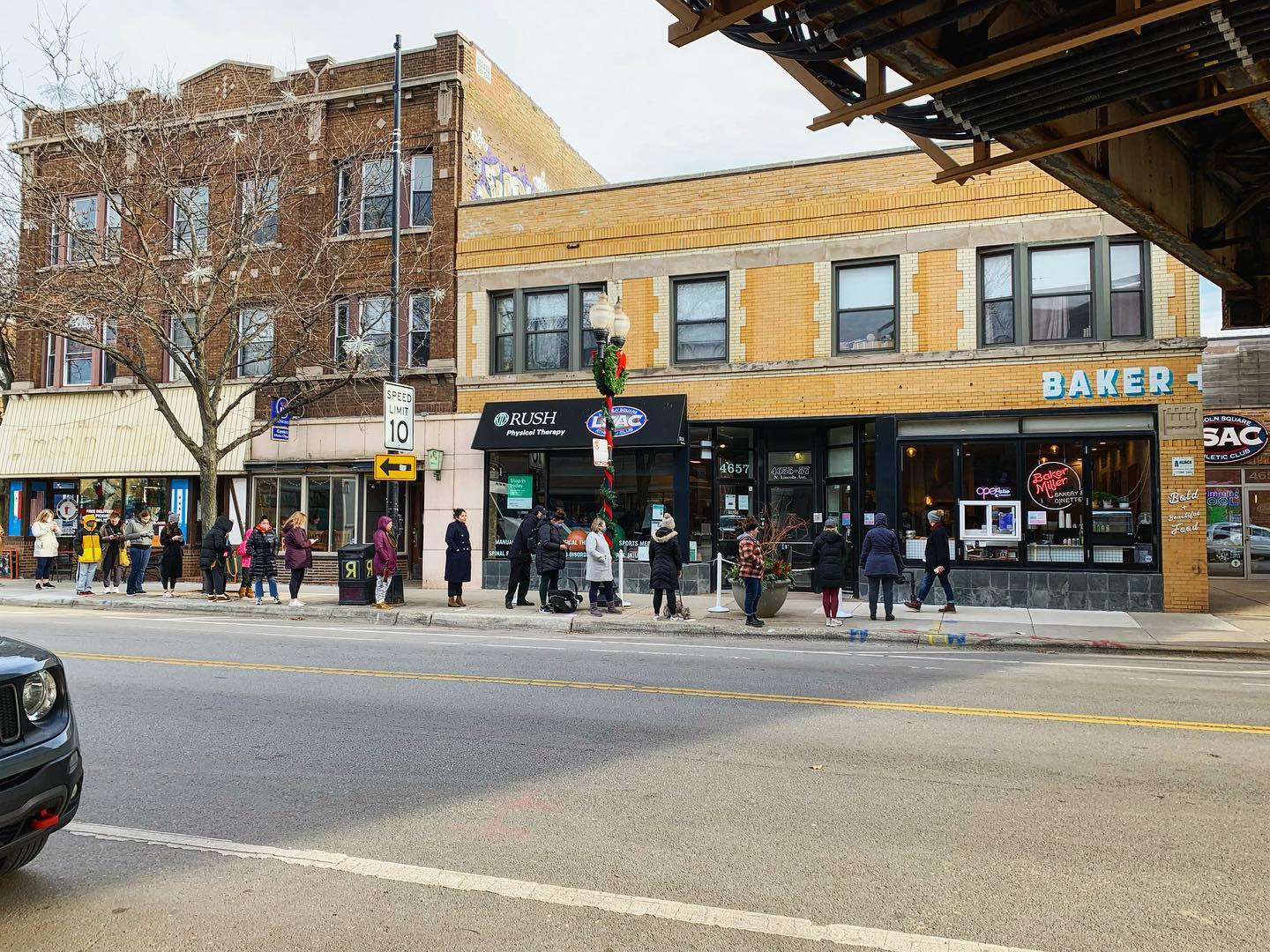Chicago will soon require proof of vaccination for indoor public spaces like restaurants, bars and gyms in the new year, the city’s mayor announced Tuesday.
Chicago's vaccine requirement for indoor spaces like bars, restaurants and gyms won't begin until after the holidays, according to the city's announcement.
The new guidelines take effect on Jan. 3, requiring anyone age 5 and older to show proof of full vaccination in order to dine inside or visit gyms or entertainment venues where food and drinks are being served.
The city said the policy is "in response to an alarming rise in COVID-19 cases both locally and nationally, driven in part by the omicron variant."
"Despite our diligent and equitable vaccine distribution efforts throughout this year,
unfortunately, our city continues to see a surge of COVID-19 Delta and now Omicron cases," Mayor Lori Lightfoot said in a statement. "New steps must be taken to protect the health and wellbeing of our residents. This public health order requiring proof of vaccination to visit certain indoor public places is a necessary measure to ensure we can continue to enjoy our city's many amenities as we enter the new year."
According to the new guidelines, those 5 and older must show proof of full vaccination, but anyone ages 16 and older will also need to provide identification that matches their vaccination record. Employees at such venues will also need to either be vaccinated or wear a mask and show proof of weekly negative COVID-19 tests.
The city noted its indoor mask mandate also remains in effect.
“This new requirement will not eliminate COVID risk, but it will help ensure a much safer indoor environment for fully vaccinated Chicagoans, as well as for the employees working in these higher-risk settings. As we head further into the winter months, we must take this step now,” Chicago Department of Public Health Commissioner Dr. Allison Arwady said in a statement. “With Omicron, I do expect to see many more COVID reinfections and breakthrough cases, but luckily the vaccines continue to protect very well against severe illness, hospitalization, and death—and even more so when people have also had a booster shot. I remain most worried about the hundreds of thousands of Chicagoans who still have not received a single dose of COVID vaccine nor recovered from COVID infection. I’m worried for their own health, but also for the risk they pose to others’ health and to our hospital capacity—and while we are in this concerning surge, we must limit that risk.”
Here are the full requirements:
Indoor Dining
Establishments where food or beverages are served, including, but not limited to, restaurants, bars, fast food establishments, coffee shops, tasting rooms, cafeterias, food courts, dining areas of grocery stores, breweries, wineries, distilleries, banquet halls, and hotel ballrooms
Feeling out of the loop? We'll catch you up on the Chicago news you need to know. Sign up for the weekly Chicago Catch-Up newsletter.
Indoor Fitness
Gyms and fitness venues, including, but not limited to, gyms, recreation facilities, fitness centers, yoga, Pilates, cycling, barre, and dance studios, hotel gyms, boxing and kickboxing gyms, fitness boot camps, and other facilities used for conducting indoor group fitness classes.
Indoor entertainment and recreation venues where food or beverages are served
Including, but not limited to, movie theaters, music and concert venues, live performance venues, adult entertainment venues, commercial event and party venues, sports arenas, performing arts theaters, bowling alleys, arcades, card rooms, family entertainment centers, play areas, pool and billiard halls, and other
recreational game centers.
Places Not Included in the Requirement
The vaccine requirement does not include houses of worship; grocery stores (though indoor dining sections within grocery stores would be included); locations in O’Hare International Airport or Midway International Airport; locations in a residential or office building the use of which is limited to residents, owners, or tenants of that building; or food service establishments providing only charitable food services, such as soup kitchens. Schools and day cares also are not included in the order.
Businesses will be required to develop and keep a written record of their plans for implementing and enforcing the vaccine requirement while also posting signage at entrances.
There are some exemptions to the requirement, however, city officials noted. Those include:
• Individuals entering an establishment for less than 10 minutes for ordering and
carrying out food; delivering goods; or using the bathroom;
• A nonresident performing artist who does not regularly perform or render services
in a covered location, or a nonresident individual accompanying such a performing
artist, while the performing artist or individual is in a covered location for the
purposes of such artist’s performance;
• A nonresident professional athlete or a nonresident individual accompanying such
professional athlete, who enters a covered location as part of their regular
employment for purposes of the professional athlete/sports team competition;
• Individuals who have previously received a medical or religious exemption (e.g.
from an employer), provided such patrons show the establishment proof of the
medical or religious exemption and a COVID-19 test administered by a medical
professional within the last 72 hours prior to entering.
• An individual 18 years of age or younger who enters a covered location to
participate in an activity organized by a school or after-school program offered by
any pre-kindergarten through grade twelve public or non-public school; and
• An individual who enters for the purposes of voting in a municipal, state, or federal
election; or, pursuant to law, assisting or accompanying a voter or observing such
election
City health officials had been saying for weeks that vaccine proof may soon be required for certain indoor activities and public spaces.
Several restaurants and venues have already required proof of vaccination or negative tests to enter regardless of citywide rules.
"There's no denying that we are in a fifth wave of COVID-19," Lightfoot said during an address Tuesday. "This new wave is seemingly more deadly than the last, spreading faster and causing profound harm. I have not been this concerned about COVID-19 since the early days of the pandemic in 2020."





